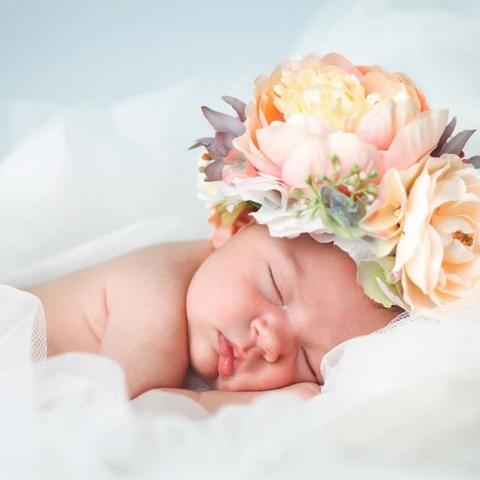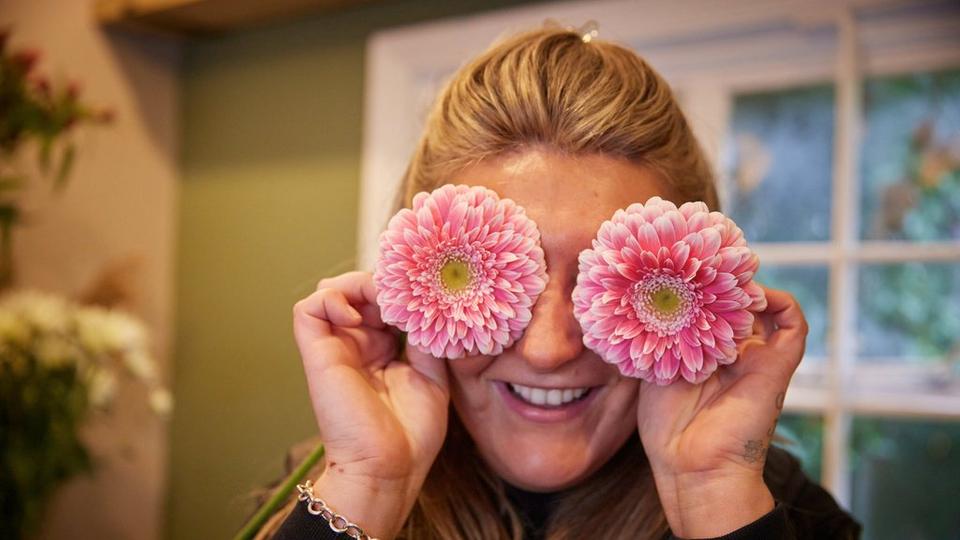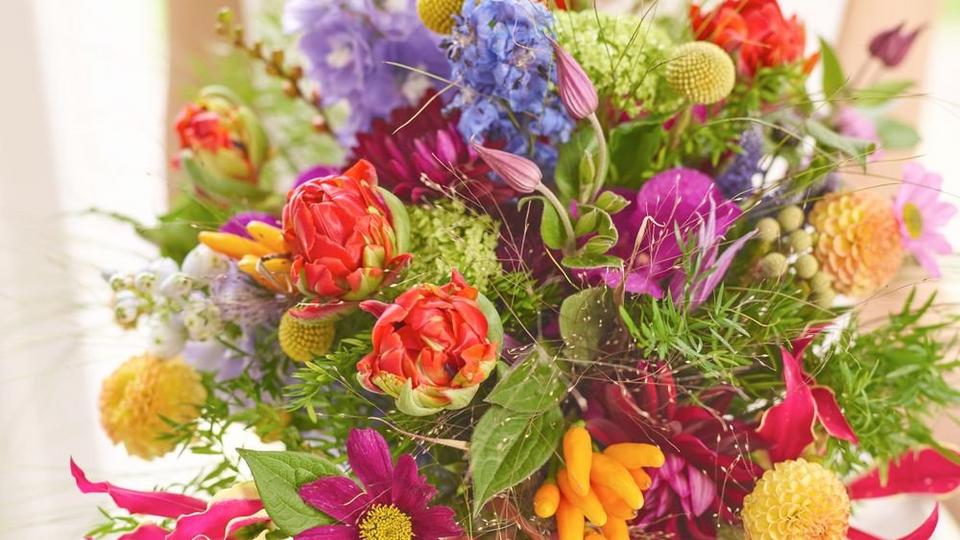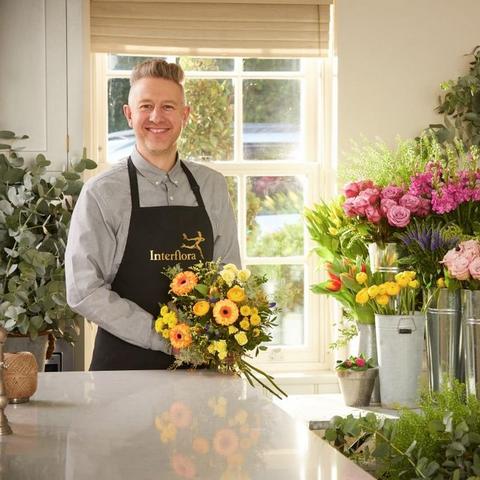Welcome to our blog
Thanks for stopping by and welcome to our floral hub. We’ve got oodles and oodles of inspirational (and smile-inducing) content just waiting to be discovered. From helpful hints and tips from our artisan florists to gift-giving etiquette and exciting collabs there’s so much to get stuck into you’d better stick the kettle on. Need a flower delivery? We can help with that too. Just click the shop now button at the top of the page and we’ll introduce you to some gorgeous blooms.



-BANNER.jpg?$poi-square$&%24poi-square%24=&fmt=auto&qlt=default&fmt.jp2.qlt=60&bg=%23FFFFFF&w=480&img404=not-available)
-header.jpg?$poi-square$&%24poi-square%24=&fmt=auto&qlt=default&fmt.jp2.qlt=60&bg=%23FFFFFF&w=480&img404=not-available)
.jpg?$poi-square$&%24poi-square%24=&fmt=auto&qlt=default&fmt.jp2.qlt=60&bg=%23FFFFFF&w=480&img404=not-available)



.jpg?$poi-square$&%24poi-square%24=&fmt=auto&qlt=default&fmt.jp2.qlt=60&bg=%23FFFFFF&w=480&img404=not-available)
